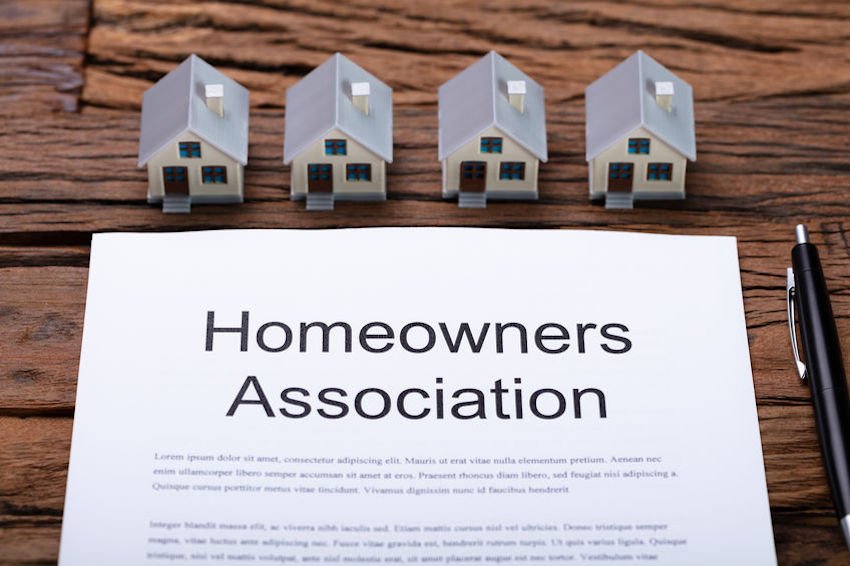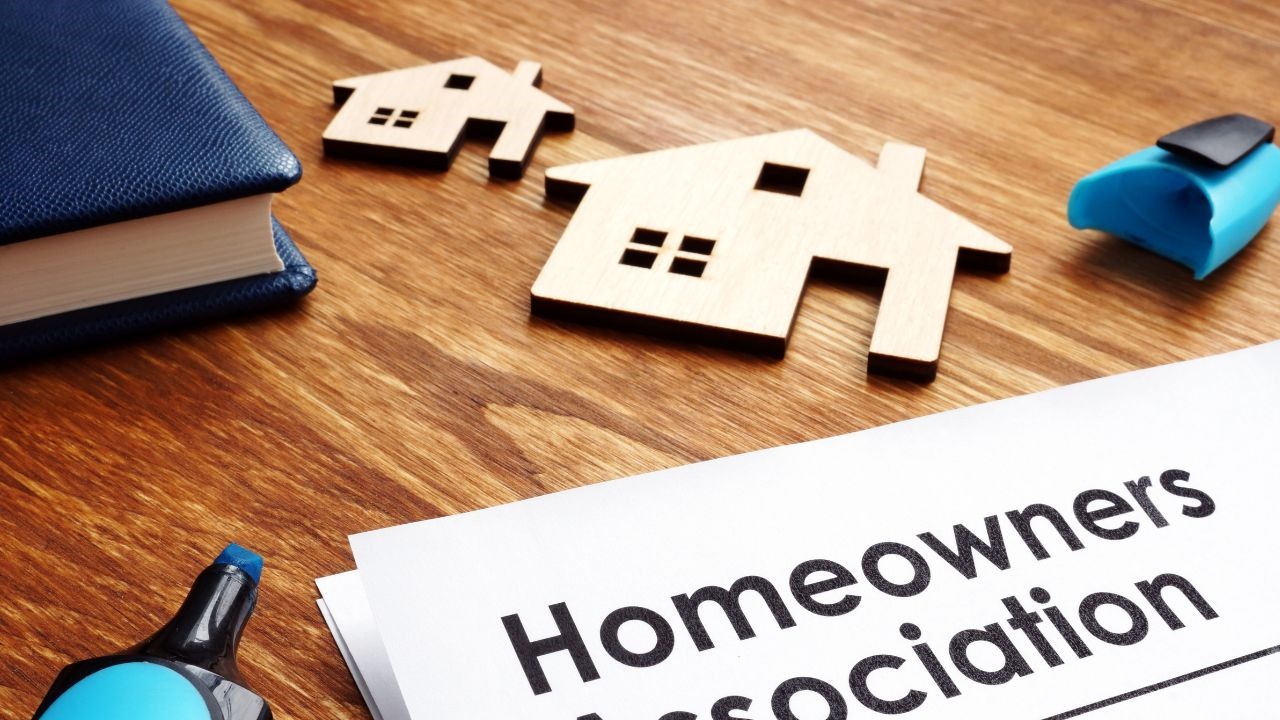Delve into the Future of HOA Condo Advancement
Delve into the Future of HOA Condo Advancement
Blog Article
The Function of an HOA in Developing and Enforcing Area Standards for Citizens
The function of a Homeowners Organization (HOA) in enforcing and establishing community guidelines is essential to keeping a cohesive and orderly residential atmosphere - hoa condo. By creating clear regulations that regulate facets such as building maintenance and area conduct, the HOA not only sets requirements for citizens but likewise fosters a sense of belonging and responsibility. The application of these standards can provide numerous obstacles, elevating inquiries about interaction, justness, and neighborhood engagement. As we check out these complexities, it becomes evident that the effect of an HOA prolongs much past mere regulation enforcement.
Recognizing Home Owners Organizations
Homeowners associations (HOAs) function as controling bodies for household neighborhoods, playing an essential role in preserving home worths and promoting a sense of area. Typically created by programmers, HOAs are made up of property owners within an assigned area that choose a board to supervise the association's activities. The key functions of an HOA include implementing neighborhood regulations, handling common areas, and organizing area occasions.
HOAs run under a set of governing files, consisting of conditions, restrictions, and agreements (CC&R s), which describe the rights and obligations of home owners. These regulations aim to guarantee that buildings are maintained to a particular criterion, consequently protecting the visual allure and general value of the area. In addition, HOAs often collect dues from house owners to fund maintenance, landscaping, and other social work.
The presence of an HOA can significantly influence the living experience within an area (hoa condo). While some locals appreciate the organized setting and services given, others may locate certain guidelines restrictive. Stabilizing the passions of all property owners is necessary for an HOA to operate successfully, making sure that it offers its intended function of boosting neighborhood living while valuing individual homeowner rights
Creating Area Guidelines

To start, an HOA ought to conduct studies or convene that enable residents to voice their concerns and ideas. This participatory procedure fosters a feeling of ownership and boosts compliance. Next, the HOA board need to assess the feedback to determine typical motifs and concerns that require official incorporation in the standards.
It is additionally necessary to guarantee that the standards are clear, concise, and quickly understood. Obscurities can lead to misunderstandings and disputes, undermining the function of the guidelines. The guidelines must be comprehensive, covering various facets of area living, consisting of building upkeep, noise degrees, and usage of usual areas.
Enforcement of Guidelines
Efficient enforcement of neighborhood guidelines is essential for preserving order and making certain that all locals follow the developed guidelines. An HOA should apply a structured technique to impose these laws, which commonly involves a mix of monitoring, communication, and penalties for non-compliance.
First, routine assessments and area patrols can help determine infractions, making certain that guidelines are regularly applied across the community. This positive tracking allows the HOA to deal with issues prior to they intensify, promoting a sense of responsibility among homeowners.
Second, clear communication is important. Homeowners should be notified of the regulations and the procedures for reporting infractions. An open line of communication encourages locals to voice worries try these out and seek information on standards, which can enhance conformity.
Last but not least, when offenses occur, the HOA needs to apply consequences as laid out in the governing papers. By efficiently enforcing policies, an HOA can grow a harmonious living atmosphere that shows the collective values of its homeowners.
Advantages of HOA Regulations
Countless advantages occur from the execution of HOA policies, which serve to boost the lifestyle within a neighborhood. One key advantage is the maintenance of building worths. By implementing standards for aesthetics and upkeep, HOAs make sure that homes and usual areas remain attractive, promoting a desirable living environment that can cause increased building worths gradually.
Additionally, HOA policies promote uniformity and harmony within the neighborhood. This coherence in style and maintenance assists to develop a sense of belonging among locals, contributing to area pride and a positive ambience. Established guidelines help with problem resolution amongst neighbors by supplying clear expectations and procedures for habits, thus minimizing disputes.
Another substantial advantage is the provision of shared features and services. Lots of HOAs manage neighborhood centers such as clubhouses, parks, and pools, which enhance entertainment opportunities for homeowners. These features not only boost the top quality of life yet additionally motivate social communication.
Ultimately, the policies established forth by an HOA grow an efficient, unified area, making certain that locals appreciate a high requirement of living while fostering an encouraging setting for all property owners.
Usual Challenges Encountered by HOAs
Amidst the benefits that property owners organizations (HOAs) can give, they additionally come across a range of difficulties that can prevent their effectiveness. One significant issue is the absence of resident interaction. Lots of homeowners might not take part in meetings or neighborhood activities, bring about a detach between the HOA board and homeowners. This disengagement can result in misunderstandings regarding click here for info neighborhood standards and an absence of assistance for enforcement efforts.
One more obstacle is the enforcement of regulations and guidelines. Conflicts can arise when homeowners feel that enforcement is irregular or biased, possibly bring about problems within the community. Additionally, HOAs frequently deal with economic constraints, which can restrict their capability to maintain common areas or fund neighborhood projects. This can create frustration among homeowners that expect high criteria of upkeep.
Furthermore, browsing legal complexities can be discouraging for HOAs. They have to make certain conformity with state legislations while managing their very own governing records, which can be a source of confusion. Lastly, advancing and changing demographics area needs require HOAs to adapt their guidelines, typically meeting resistance from long-lasting locals that are accustomed to standard standards. Resolving these difficulties is critical for fostering a successful and harmonious neighborhood.
Final Thought

By try this out developing clear guidelines that regulate facets such as residential property upkeep and neighborhood conduct, the HOA not only sets criteria for homeowners but also fosters a feeling of belonging and responsibility.Homeowners associations (HOAs) offer as controling bodies for property areas, playing a critical duty in preserving residential property worths and cultivating a sense of area. Lots of home owners may not take part in conferences or area activities, leading to a detach in between the HOA board and citizens. Developing and altering demographics neighborhood needs call for HOAs to adapt their guidelines, often fulfilling resistance from enduring homeowners who are accustomed to standard norms. Via the growth of clear laws and regular enforcement, HOAs promote residential property maintenance, neighborhood pride, and count on among citizens.
Report this page